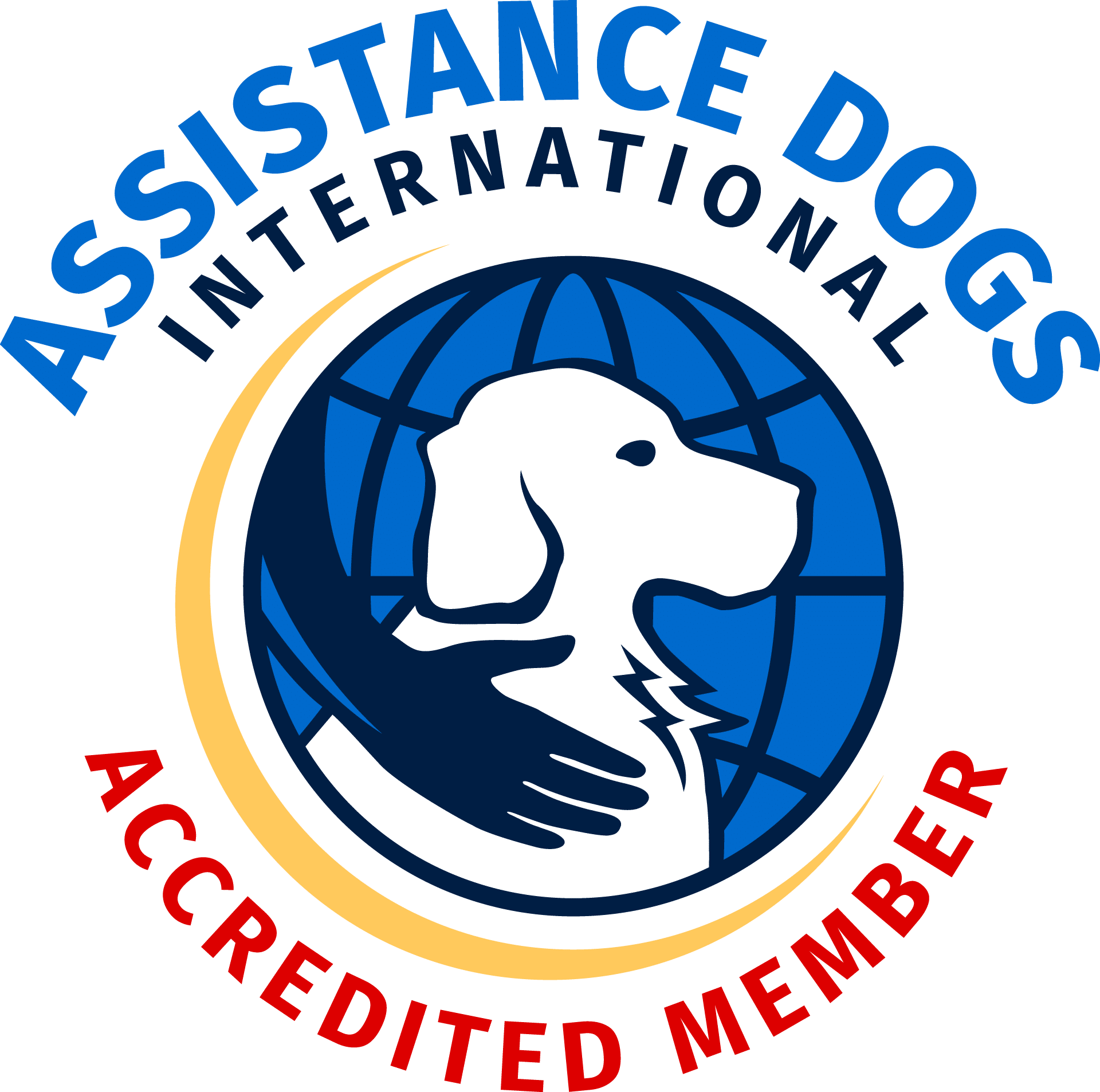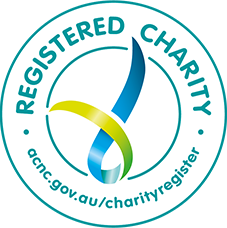Training an Assistance Dog
From Pup to Pro
Assistance Dogs are specially bred for optimal health and temperament. The puppy training journey officially begins at birth, starting with choosing a good environment and Early Neological Stimulation (ENS).
Over the next two years, our volunteers and trainers invest hundreds of hours into transforming each puppy into a fully-qualified Assistance Dog. This is how we train our Assistance Dogs.
Advanced Training (14 to 18/24 months)
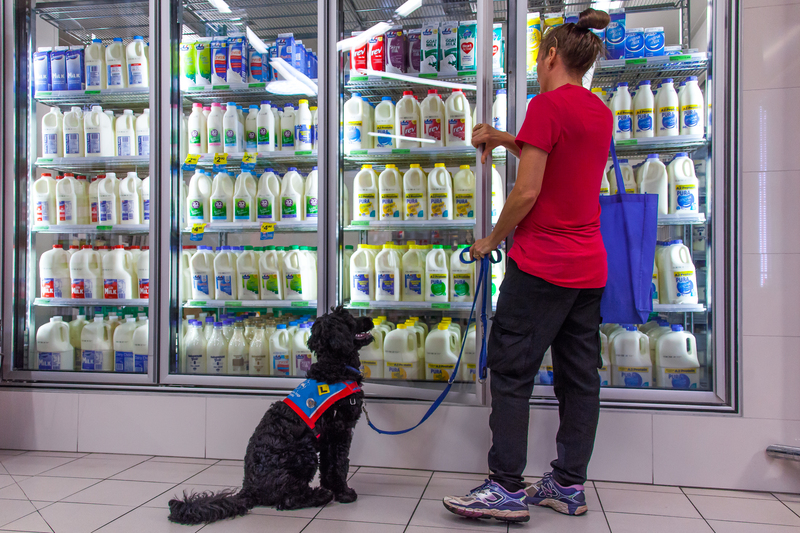
The crucial first 14 months of a puppy’s life is all about learning: learning basic skills, and learning to be a confident, well-socialised dog who is comfortable around humans and not easily distracted.
This basic training takes place in a home environment with a volunteer Puppy Educator. Without our wonderful volunteers, we quite simply couldn’t do what we do.
Puppy Educators are the incredible volunteers who selflessly open their homes and give their time to raise a well-mannered pup. They ensure puppies are exposed to as many different sights, sounds, and smells as possible, so that each puppy will grow into a well-adjusted adult that relates well to other dogs, as well as to people and other animals. Puppy Educators are supported by our dedicated Puppy Educator Supervisors.
Click here to find out more about becoming a Puppy Educator
Part of the Puppy Education period includes travelling with the pup on all modes of public transport and teaching them to remain focused in busy public areas such as shopping centres. This prepares them for life as an Assistance Dog, when they will accompany their human almost everywhere they go.
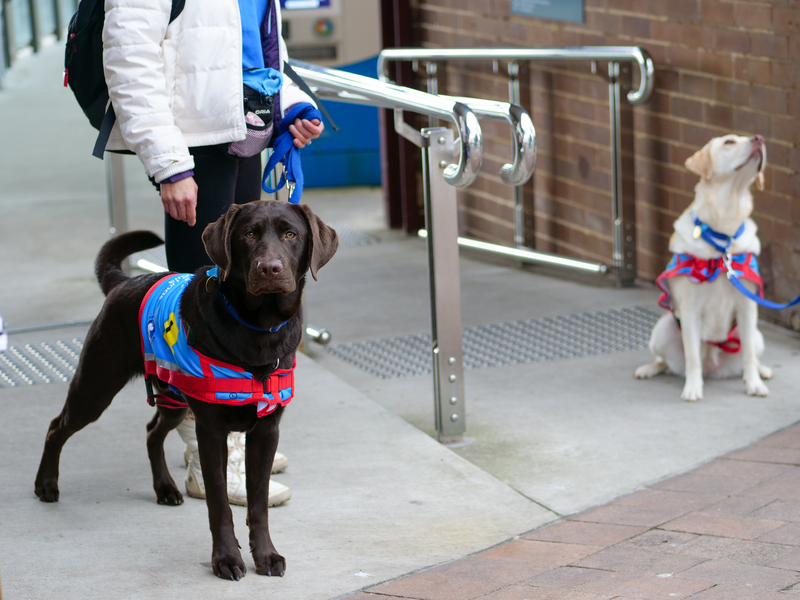
Advanced Training (14 to 18/24 months)
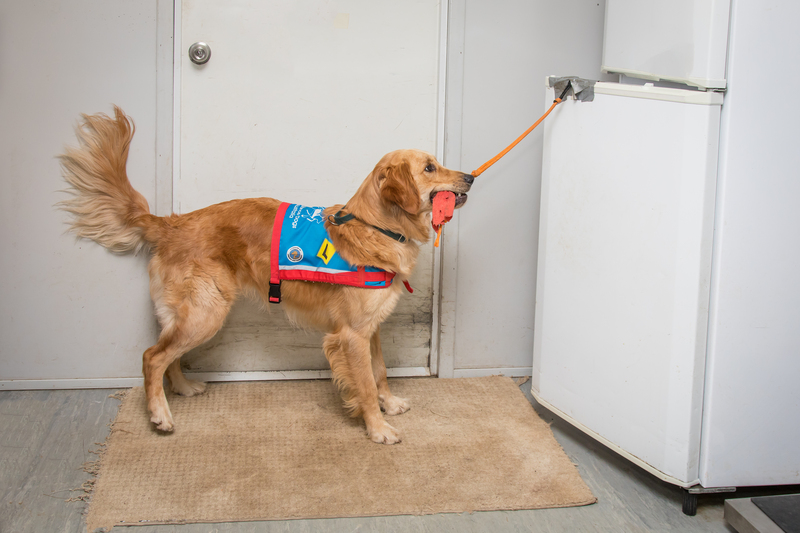
After 12 to 14 months with their Puppy Educator, NSW-based Assistance Dogs-in-training progress to live-in Advanced Training at Assistance Dogs Australia’s National Training School in Sydney. In Victoria and Queensland, dogs continue to live with volunteer carers while attending Advanced Training each day.
In Advanced Training, Assistance Dogs Australia’s qualified trainers and instructors build on the dog’s basic skills to add more complex cues, which will help their future human teammates with everyday life.
The training for each dog is carefully tailored to their personality, learning style and, eventually, to the unique needs of the human they will be matched with. Our team of expert trainers continually assess each dog throughout Advanced Training with a view to deciding who their best match will be.
For example, clients with physical disabilities may require a dog who can retrieve dropped items, open and close doors, or push the button at pedestrian crossings.
For someone with Post-Traumatic Stress Disorder (PTSD), on the other hand, the dog could be trained to perform grounding exercises, recognise and react to signals of anxiety, or wake them from night terrors.
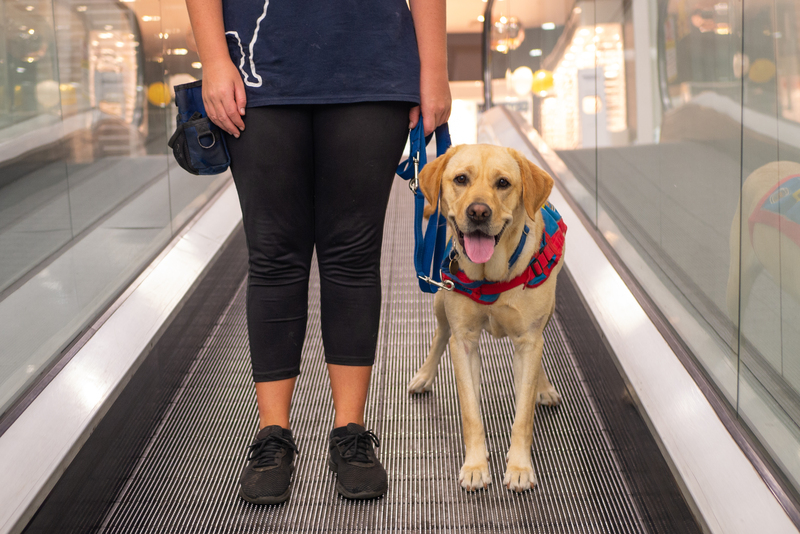
Trainers spend several hours a day training each dog in advanced skills, while the rest of the day is spent walking and exploring new surroundings to practise those skills.
On weekends (and in the evenings for puppies in Victoria and Queensland) puppies in Advanced Training enjoy some well-deserved downtime and the all-important experience of family life in the home of one of our volunteers.
The Perfect Match
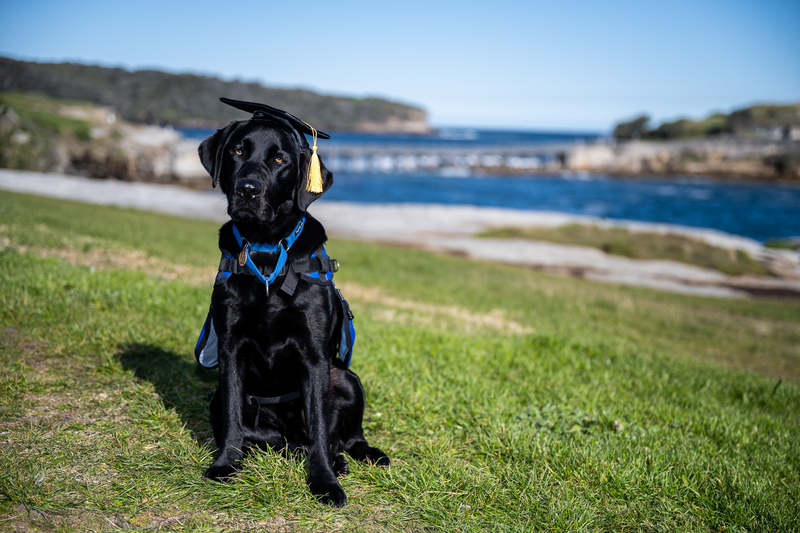
When a potential match has been made with someone on the waiting list, Assistance Dogs Australia trainers help them adjust to having an Assistance Dog, providing them with all the training skills they need to handle their new canine companion.
Once the new team is settled and working together, Assistance Dogs Australia staff will visit at least once a year to conduct a Public Access Test.
But Assistance Dog Australia’s team of trainers continues to support each client and is always on-call to help with training or questions throughout the dog’s working life.
Happily Ever After
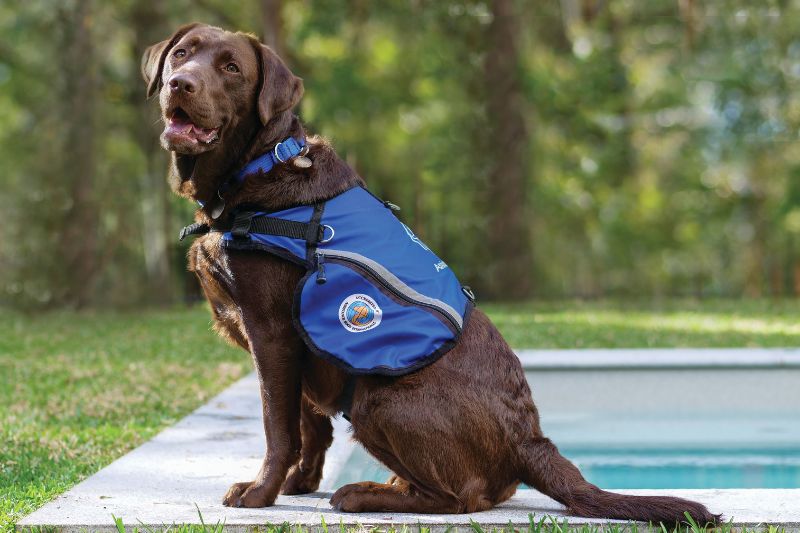
Assistance Dogs work with their humans for approximately eight years before retiring. When their dog retires, the client can decide whether they wish to apply for another Assistance Dog. Assistance Dogs Australia always ensures every dog retires happily to a loving home, which is often with the client’s family or friends.
We are unable to train dogs who are not part of the Assistance Dogs Australia program.
About us | Support us | Services | Terms & Conditions | Contact us
Copyright © 2023 Assistance Dogs Australia ABN: 90 074 746 160. Privacy Policy.
